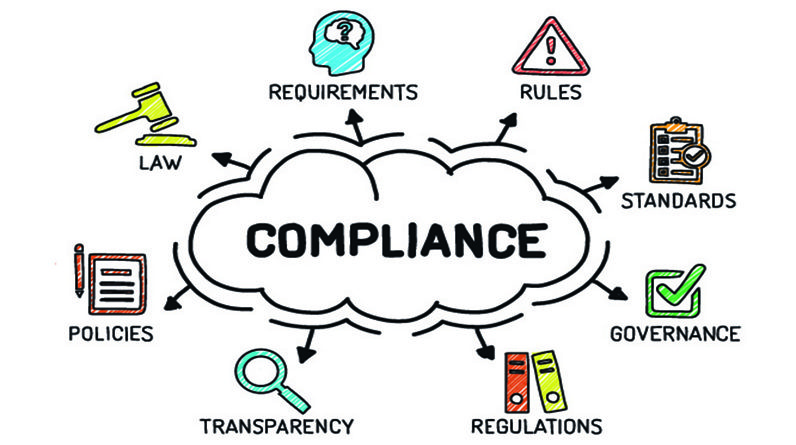Artificial intelligence (AI) has the potential to revolutionize healthcare — bringing efficiency, innovation, and cost savings to one of the nation’s most critical sectors that impacts every person. By automating routine tasks, enhancing diagnostic accuracy, and streamlining patient care, AI can alleviate the burden on healthcare providers while improving patient outcomes. A practical, market-driven approach to AI in healthcare — one that protects against discrimination and safeguards patient privacy — aligns with values of fairness, accountability, and responsible innovation.
To support fairness, accountability, and responsible innovation, the HHS Office for Civil Rights’ (OCR) Section 1557 of the Affordable Care Act (Section 1557) final rule prohibits healthcare providers, health plans, and other covered entities from discriminating against individuals through their use of patient care decision support tools, including AI. This is consistent with HHS’s Strategic Plan for the Use of Artificial Intelligence to Enhance and Protect the Health and Well-Being of Americans. That’s why OCR issued a “Dear Colleague” letter – PDF explaining how covered entities, including healthcare practitioners and insurers, can safely introduce and use AI tools into their operations. The letter reminds covered entities of their ongoing duty make reasonable efforts to identify uses of AI tools that create discrimination risks by relying upon input variables that measure race, color, national origin, sex, age, and disability, and of their ongoing duty to make reasonable efforts to mitigate those discriminatory risks.






